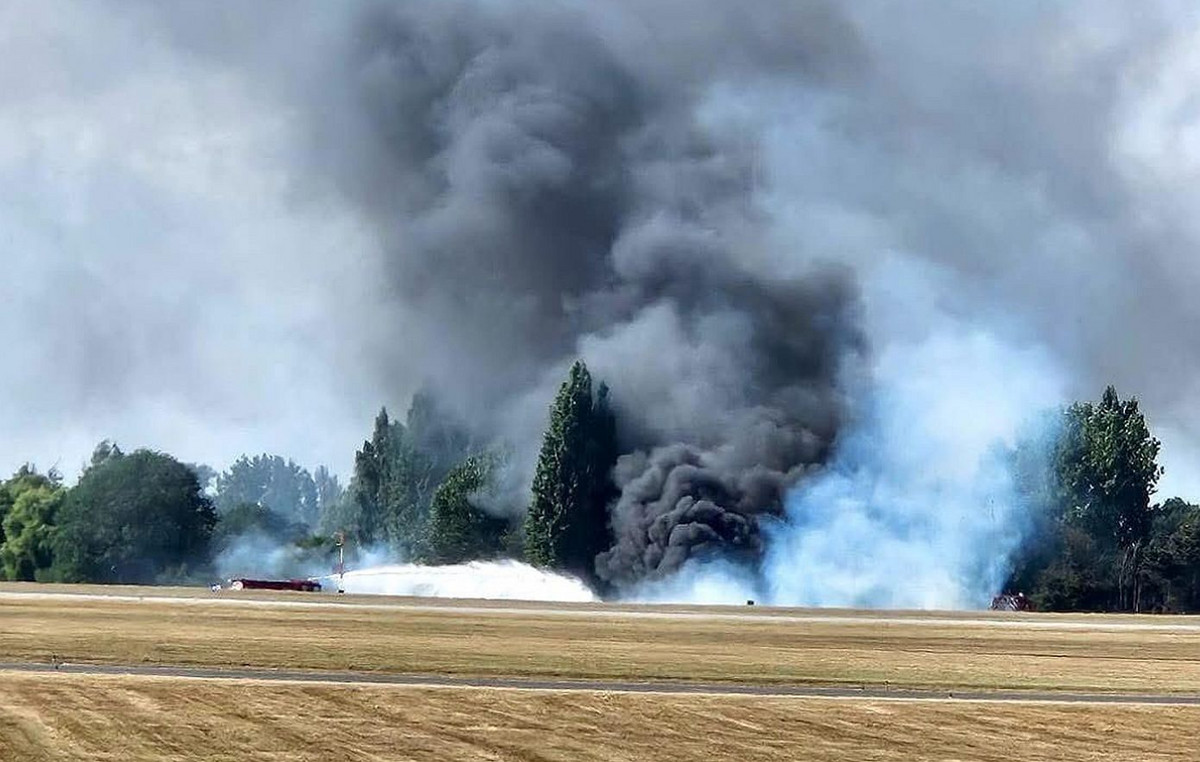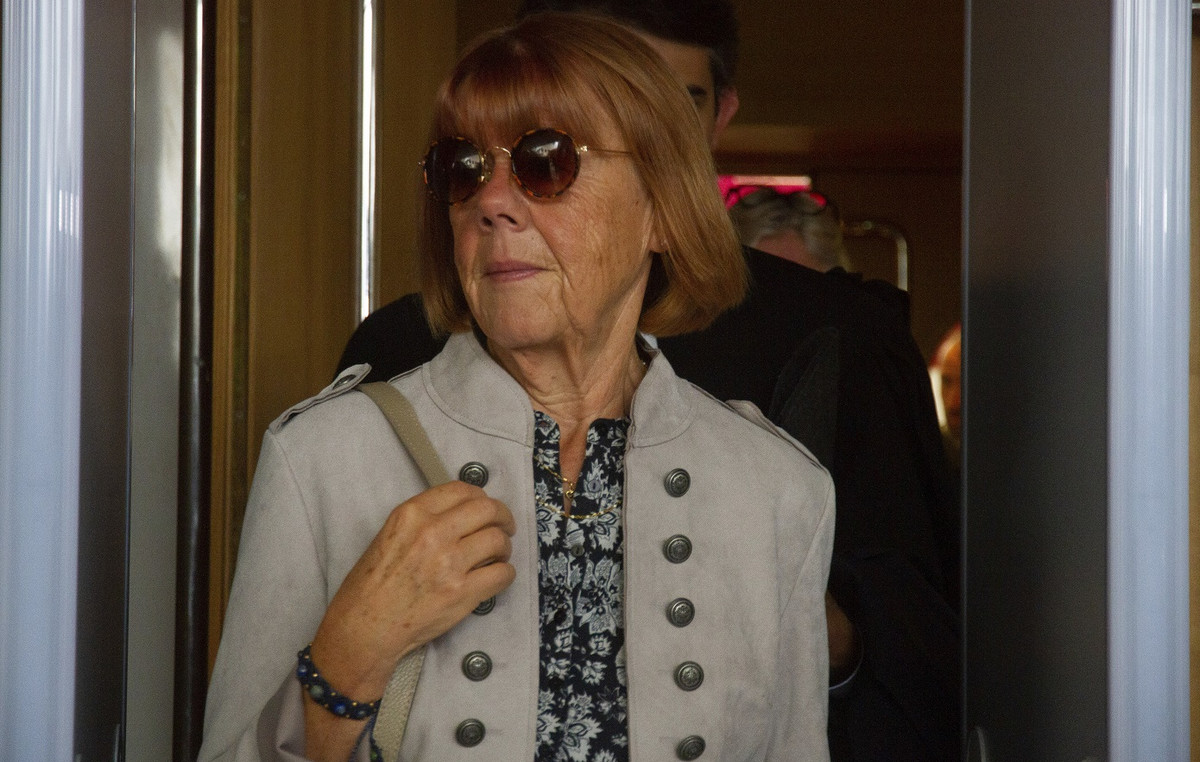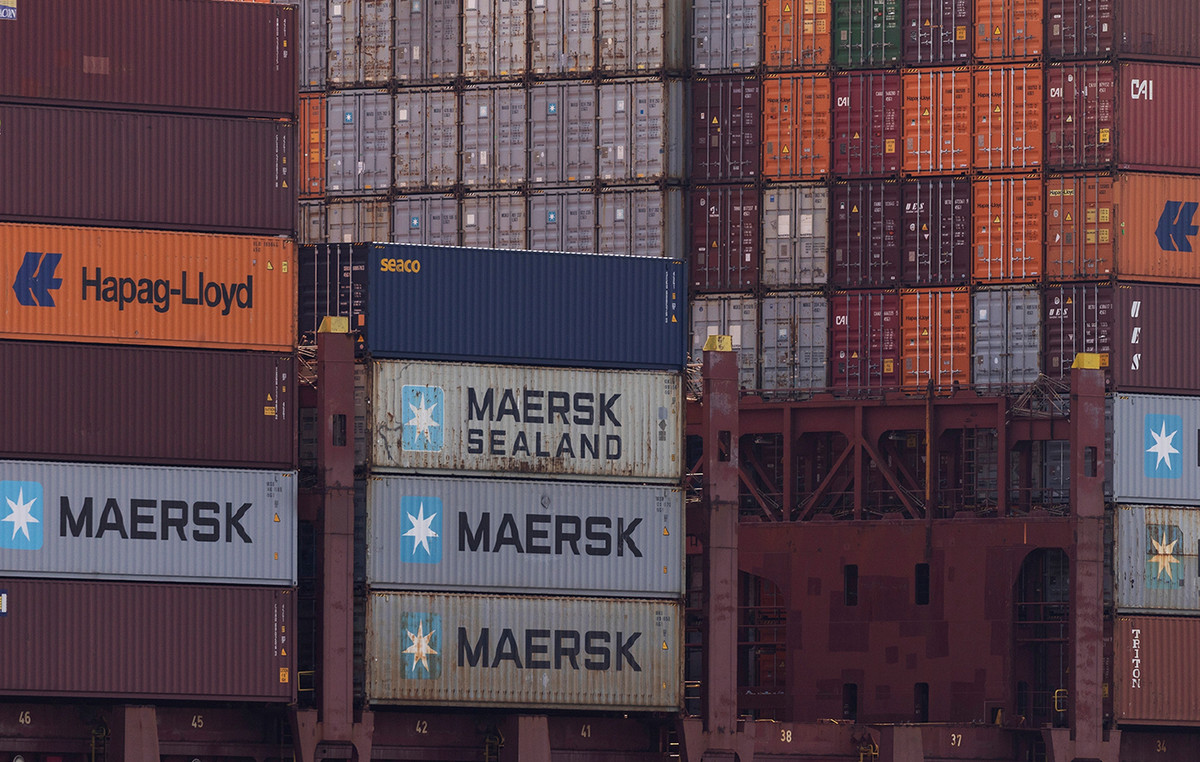O Ibovespa the main index of stock Exchange in Brazil, went against its peers in the world’s largest economies, and ended the month of August with strong appreciation, even in a negative month for developed markets.
Considering the variation in the month, the Ibovespa had a high of 6.55%, despite registering a drop of 0.82% this Wednesday (31), the last day of August, and closing a little below 110 thousand points.
We already United States at two country scholarships operated at a loss in August. The Dow Jones was down 4.07%, while the S&P 500 was down 4.24% and the Nasdaq, which is exclusive to the technology stock exchange of the same name, was down 5.16%.
The scenario was similar in Europe . The FTSE 100, the main index on the London Stock Exchange, lost 1.88%, while the Dax, which brings together the most important stocks on the German stock exchange, dropped 4.81%. Responsible for monitoring the performance of the main assets of European exchanges, the Stoxx 600 fell by 5.29%.
At Asia , the scenario was less negative, with exchanges alternating between losses and slight increases. South Korea’s Kospi stock index gained 0.84% and Japan’s Nikkei rose 1.04%. Among the bags of China the Shanghai index fell 1.57%, the Shenzhen index, 3.91% and the Hong Kong Hang Seng, retreated 1%.
Commodities, discounted assets and foreign investment
To CNN Brasil Business analysts attributed the positive performance of the Brazilian market in August to a combination of factors that created an inflow of foreign capital into the country, with much of it destined for the actions helping the recovery of the Ibovespa.
One of the main positive factors in the month was an improvement in investors’ prospects for demand for commodities which, even with recent drops, remain at high price levels, according to Bruce Barbosa, founding partner of Nord Research.
Currently, the shares of companies linked to commodities have a weight of around 30% in the composition of the Ibovespa. That is, the fluctuations of these stocks have a strong impact on the index.
For Raphael Figueredo, partner and CNPI technical analyst at Eleven Financial, the international moment favors commodities, especially the Petroleum which is linked to the company that he believes to be the main protagonist behind the performance of the Ibovespa, the Petrobras .
He claims that the state-owned company was responsible for about 30% of the appreciation of the Ibovespa since June. “First, because there is the very movement of oil, which rises strongly with the problem of scarcity and corrects little downwards”.
With the maintenance of the price policy, Petrobras shares better follow the price of the commodity. There was also a “change in level thinking about governance, efficiency. It achieved strong results and, as a result, began to pay good dividends”.
Pedro Serra, head of research at Ativa Investimentos, highlights that the companies’ financial results in the second quarter corroborate the assessment that their shares are very cheap, attracting investments.
Another factor that, according to Serra, leads to this detachment is the “improvement of the perception of the Brazilian GDP, and inflation with better-than-expected numbers. There is still a clearer view of how far interest rates will go, at 13.75%, falling next year”.
With more security and a stronger economy in the short term, he says that the market has had “fundamentals, solidity, predictability”, at the same time that the world is being “surprised, with strong doubts about the interest rate cycle”.
Figueiredo also sees a strong weight of the “positive surprise” of the Brazilian economy, with revisions of GDP and inflation.
“Brazil ends up having an advantage, and foreign investors are marking this perception of improvement in local activity, greatly contributed by Petrobras, but also by banks”, he says.
Furthermore, he recalls that “when the central bank has a different interest rate guideline than the rest of the world, with countries still raising rates, attracts foreign capital resources”.
In this sense, Barbosa, from Nord, sees the last meeting of the Monetary Policy Committee (Copom ), on August 2 and 3 as the trigger for the recent movement of capital inflows into the country.
“The Copom was smooth, and then we saw future interest rates in Brazil falling and the Ibovespa rising. There is the prospect that the interest rate cycle is over, it is already at a high level, while other countries will still need to raise more”, he evaluates.
For him, there is a correlation between the average performance of commodities and the Ibovespa. “If US stock markets don’t fall much, and commodities rise or remain at a high level, the Ibovespa has room to rise,” he says. And that would be the current scenario.
Nord’s partner also sees the positive China’s effort to stimulate the economy injecting more money into the market, which tends to increase demand for commodities and benefiting exporters like Brazil.
In addition to the external aspects, Barbosa considers that there has been a review of expectations regarding the electoral scenario, which has not been “as bad as expected. The market predicted catastrophe, took into account the risk we have, but now it’s not that bad”.
The continuity of this movement, he assesses, depends on a combination of the price of commodities, the unfolding of the elections and the performance of US stock markets.
Source: CNN Brasil
I am Sophia william, author of World Stock Market. I have a degree in journalism from the University of Missouri and I have worked as a reporter for several news websites. I have a passion for writing and informing people about the latest news and events happening in the world. I strive to be accurate and unbiased in my reporting, and I hope to provide readers with valuable information that they can use to make informed decisions.







